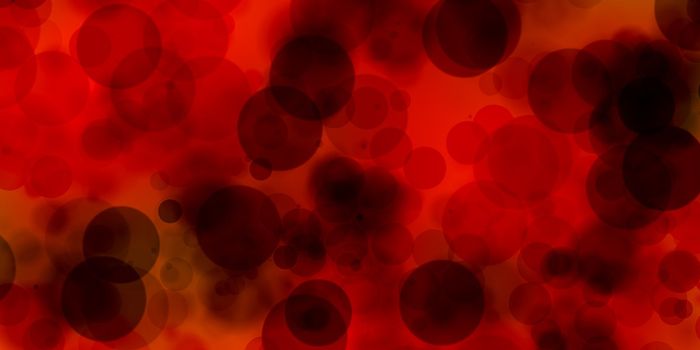Study: Chemo Brain Persists for Months After Treatment
Chemotherapy is an aggressive attack on the cancer, and on the body. For some women treated with chemo for breast cancer, the effects of chemo seem to reach as far as the brain. The effect, dubbed “chemo brain,” is sparsely known but not deemed as a pervasive side effect of chemotherapy. But now, a new study sheds light on when chemo brain happens and the big impact this effect actually has on the lives of breast cancer patients.
Going through chemotherapy takes a toll on the body and the mind. But for years, doctors and patients focused more on the drugs’ effects on the body. Lapses in mental acuity and memory blurs after chemotherapy were perceived as anecdotal evidence of chemo’s effects in the brain. But it was only recently that researchers really took notice of these reports and linked chemo brain as a side effect of cancer treatment.
But just how pervasive this side effect really is was unknown. To understand this problem, researchers from the University of Rochester Medical Center in New York collected data from 581 breast cancer patients and 364 healthy women. The large sample size makes this one of the largest studies to date to investigate chemo brain.
Led by Michelle Janelsins, the team assessed the women’s cognitive status before, during, and after chemotherapy period. Of note, typical reports of chemo brain include mental fogginess, the inability to concentrate, and general difficulties with cognitive tasks that didn't use to be problematic.
To assess the women’s cognitive changes, the team used the Functional Assessment of Cancer Therapy-Cognitive Function (FACT-Cog), a well-known questionnaire that takes into account the patient’s perspective as well as the perspective of others around them.
The findings confirm that chemo brain is indeed quite real. A whopping 45.2 percent of breast cancer showed a decrease in FACT-Cog scores, while only 10.4 percent of healthy women reported any decline. More surprising, the effects seemed to persist even as long as 6 months after the treatment ended. At 6 months post-chemo, 18.4 percent of women with breast cancer still reported “clinically meaningful perceived decline” as compared to only 11.5 percent of control participants.
"Our study, from one of the largest nationwide studies to date, shows that cancer-related cognitive problems are a substantial and pervasive issue for many women with breast cancer,” said Janelsins.
Factors that exacerbate cognitive decline after chemo seem to include symptoms of anxiety and depression before chemotherapy. In addition, cognitive decline seemed to also be correlated with age and race.
“We are currently assessing these data in the context of objective cognitive measures and to understand the role of possible biologic mechanisms that may confer risk to cognitive problems in patients,” said Janelsins. Future studies may also point out if the link between chemotherapy and cognitive decline also includes male cancer patients.
Additional source: University of Rochester Medical Center press release, MNT









